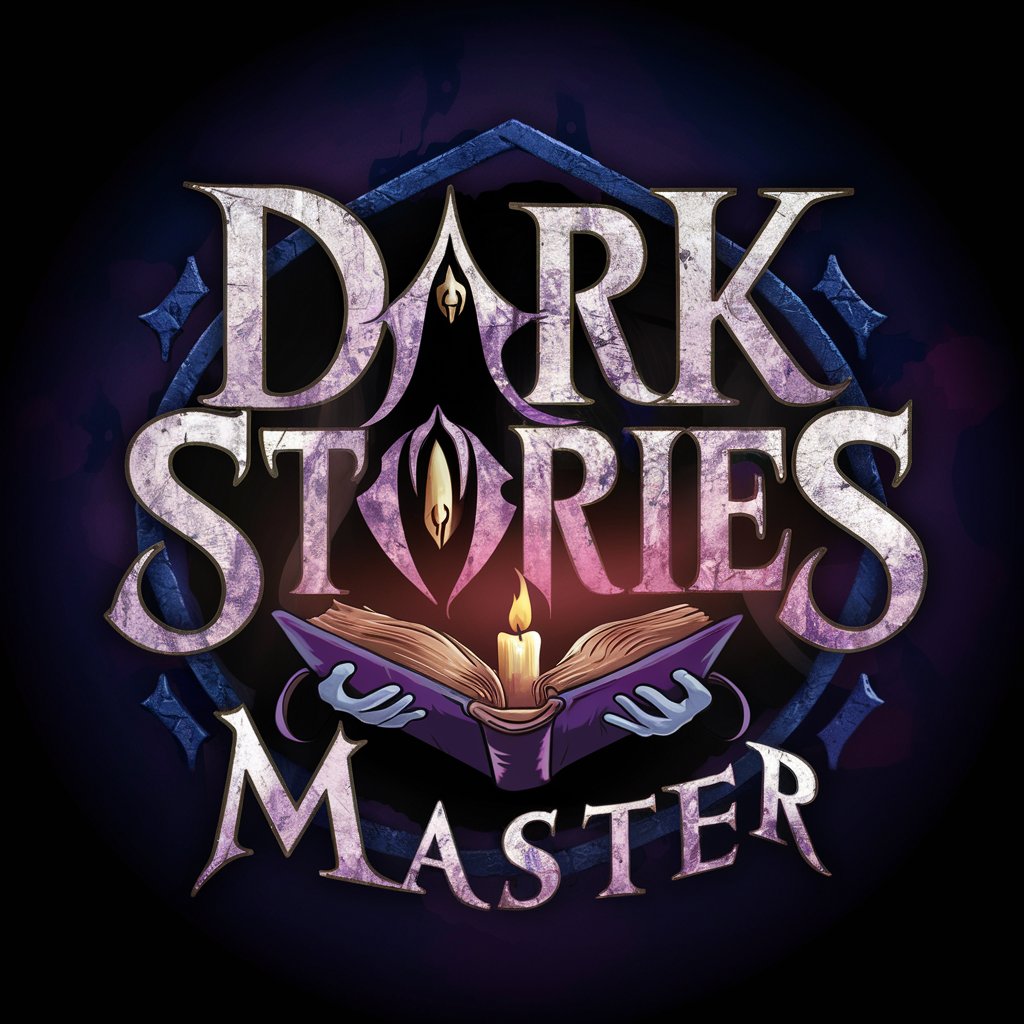4 GPTs for Puzzle Games Powered by AI for Free of 2025
AI GPTs for Puzzle Games are advanced artificial intelligence tools designed specifically for the creation, analysis, and enhancement of puzzle games. These tools leverage Generative Pre-trained Transformers (GPTs) to provide tailored solutions for a wide range of tasks within the puzzle games domain. From generating intricate puzzles to offering hints or solutions, AI GPTs tools are pivotal in developing engaging and challenging puzzle content. Their relevance lies in their ability to understand and manipulate complex patterns and datasets, making them invaluable for both puzzle game development and gameplay enhancement.
Top 4 GPTs for Puzzle Games are: 코드 브레이커: 1980’s 서울의 수수께끼 🕵🏻♂️,Swirly - ウミガメのスープ,Dark Stories Master,Culprit
코드 브레이커: 1980’s 서울의 수수께끼 🕵🏻♂️
AI-powered detective mystery-solving in 1980’s Seoul.

Swirly - ウミガメのスープ
Unravel Mysteries with AI-Powered Lateral Thinking

Dark Stories Master
Unravel mysteries with AI-powered storytelling.

Culprit
Solve mysteries with AI-powered intelligence

Unique Capabilities in Puzzle Games
AI GPTs tools for Puzzle Games boast a variety of unique characteristics and capabilities, including the ability to generate new puzzle scenarios, solve puzzles based on logical reasoning, and provide dynamic hints to players. These tools can adapt their functionality from simple crossword puzzles to complex logic-based games, supporting a wide spectrum of difficulty levels. Special features may also include language learning for educational puzzle games, technical support for game developers, advanced data analysis for understanding player behavior, and image creation capabilities for visually intricate puzzles.
Who Benefits from Puzzle Game GPTs
The primary beneficiaries of AI GPTs tools for Puzzle Games include game developers, educational content creators, puzzle enthusiasts, and researchers. These tools are accessible to novices without programming skills, offering user-friendly interfaces for creating or interacting with puzzle content. Additionally, they provide extensive customization options for professionals with coding expertise, enabling the development of sophisticated puzzle games and learning tools.
Try Our other AI GPTs tools for Free
Ethical Exploration
Explore the frontier of ethics with AI GPTs for Ethical Exploration, designed to guide, analyze, and facilitate discussions on moral dilemmas and ethical decision-making.
Narrative Learning
Discover how AI GPTs for Narrative Learning revolutionize storytelling and education with advanced, personalized narrative experiences. Ideal for creators and educators.
Moral Reasoning
Explore AI GPTs for Moral Reasoning: advanced tools designed to assist in navigating the complex landscape of ethical dilemmas, tailored for both novices and professionals.
Visual Description
Discover the power of AI GPTs for Visual Description, transforming visual data into detailed, natural language descriptions accessible to all.
Team Research
Explore how AI GPTs for Team Research revolutionize collaborative efforts with advanced AI capabilities, tailored solutions, and user-friendly interfaces for all levels of expertise.
Historical Data
Explore the past with AI GPTs for Historical Data, your gateway to analyzing and understanding history through advanced AI technology. Dive into historical narratives, trends, and patterns like never before.
Expanding Horizons with Puzzle Game GPTs
AI GPTs for Puzzle Games not only offer innovative solutions for game development and enhancement but also open new avenues for educational and cognitive research. These tools' ability to customize and integrate with various platforms makes them a versatile asset in both entertainment and educational sectors. Their user-friendly interfaces further ensure that creating and solving puzzles is accessible to a broader audience, promoting cognitive development and problem-solving skills.
Frequently Asked Questions
What exactly are AI GPTs for Puzzle Games?
AI GPTs for Puzzle Games are specialized AI tools designed to assist in the creation, solution, and analysis of puzzle games by using advanced machine learning techniques.
How do these tools help in puzzle game development?
They assist in generating unique puzzles, providing solutions or hints, analyzing player interactions for improved game design, and enhancing the overall gaming experience.
Can non-programmers use these AI tools effectively?
Yes, these tools are designed to be user-friendly, enabling non-programmers to create and interact with puzzle games easily.
What types of puzzles can AI GPTs tools generate or solve?
They can work with a wide range of puzzles, from crosswords and sudoku to more complex logic and pattern recognition puzzles.
Are there customization options for experienced developers?
Absolutely. These tools offer advanced APIs and programming interfaces that allow developers to tailor the tools to their specific needs.
How can educational professionals benefit from these tools?
Educators can use these tools to create engaging and educational puzzle games that aid in teaching various subjects, including mathematics, language learning, and logic.
Is it possible to integrate these AI tools with existing game engines?
Yes, many AI GPTs for Puzzle Games are designed to be compatible with popular game engines, allowing for seamless integration into existing projects.
What future advancements can we expect in AI GPTs for Puzzle Games?
Future advancements may include more intuitive user interfaces, enhanced natural language processing for more complex puzzles, and deeper analytics for game developers to understand player behavior.